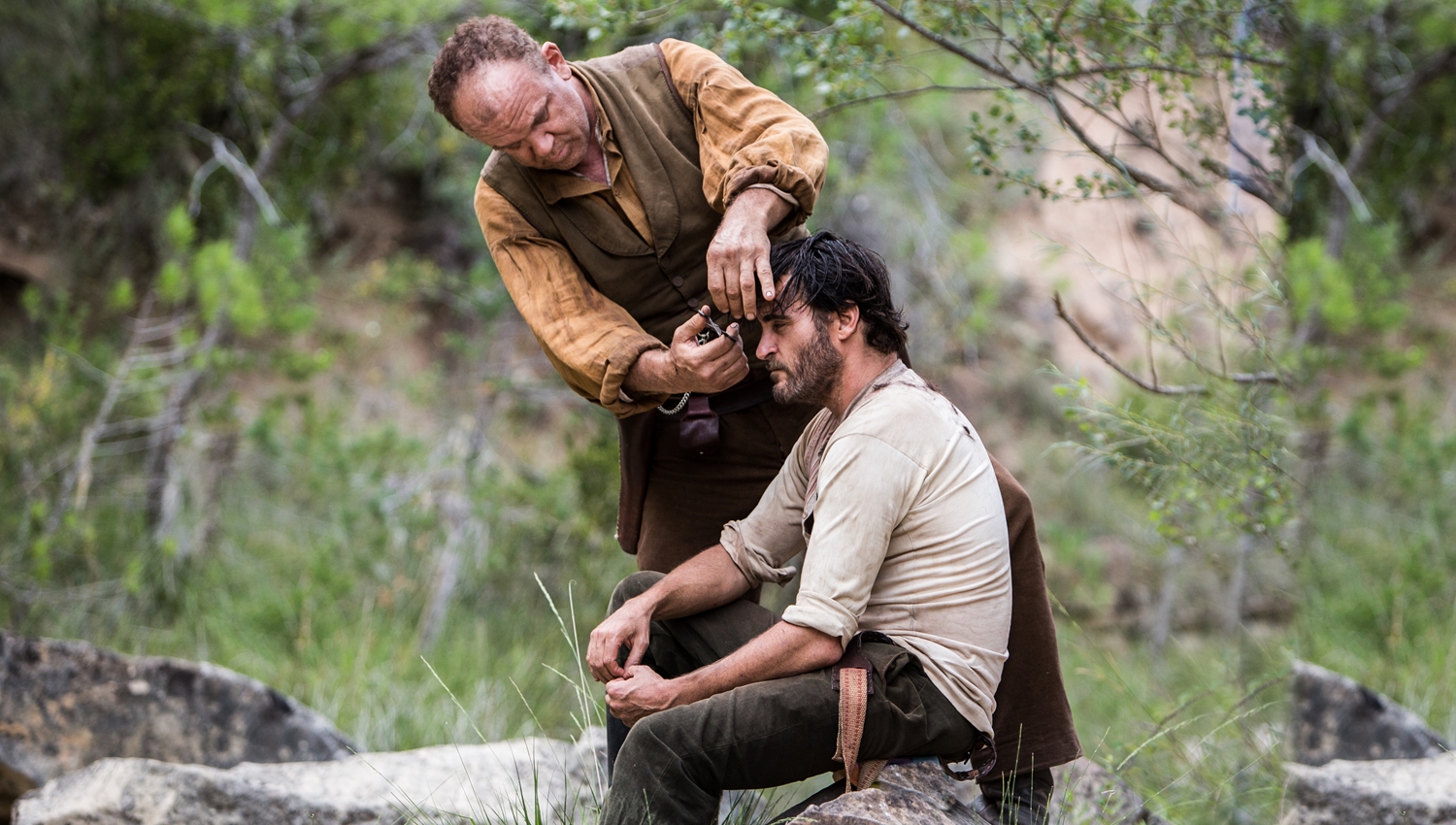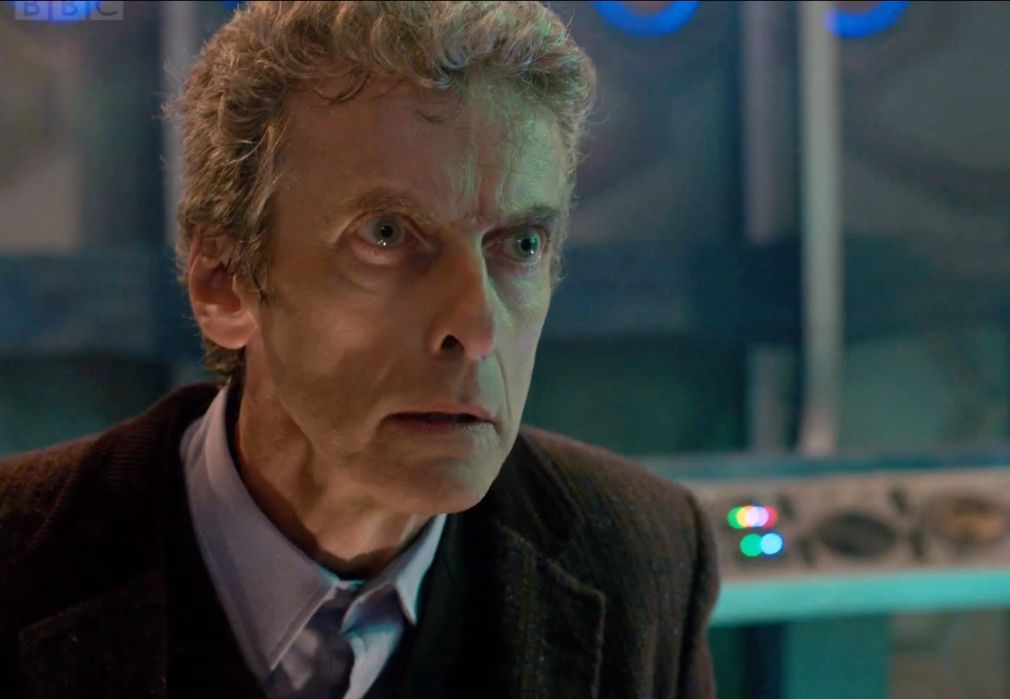The Sisters Brothers (2018) (orig title: Les Frères Sisters)
Dec 23, 2019 0:47:47 GMT
teleadm and petrolino like this
Post by london777 on Dec 23, 2019 0:47:47 GMT
*** SPOILERS ***
I do not usually bother with Westerns. Few would make my Top 1000 favourite movies and none my Top 100. But I was keen to watch this one because I admired another movie, "A Prophet" (2009) also co-written and directed by Jacques Audiard. It also stars three of my favorite actors, John C Reilly, Joaquin Phoenix, and Jake Gyllenhaal, although, in truth, I rarely "follow" actors. (Even the best of them will cheerfully act in the most awful trash if the money is right, and this trio are no exceptions).
It may seem that the worlds of the untamed West and of Algerian criminal gangs in a modern French prison have nothing in common, but in both movies (and in others) Audiard is primarily interested in a theme which, being on the last lap of a long life, I have come to believe is the most important of all - redemption. I use that word as a lifelong, card-carrying atheist because I cannot think of a better one. A psychiatrist might speak of "integration" instead. And the two most famous psychiatrists came to mind watching this film:
-- Freud, because of the way our characters are moulded by our upbringings, and all four of the principal characters detested their fathers. Charlie Sisters (Phoenix) specifically blames their father for the evil course the brothers' lives are taking. "You do realize that our father was stark raving mad and we got his foul blood in our veins? That was his gift to us." While John Morris (Gyllenhaal) says "Most of the things that I thought I'd been doing these past years, freely, the opinions that I thought I had of my own volition, were in fact dictated by my hatred towards that man. I'm 35 years old and my life is like an empty cylinder." The resolution of the movie comes when Charlie and his brother Eli (John C Reilly) return home to their widowed mother.
-- Jung, because of the search for gold which forms the plot of the film. Jung realized that the ancient alchemists' efforts to turn base metal into gold was a metaphor for psychic integration, what the religious call "redemption". This "magic" is portrayed in the most startling scene of the movie, when gold is mystically revealed by applying the secret formula of the saintly chemist (Hermann Kermit Warm) played by British-Pakistani actor Riz Ahmed ("Four Lions","Nightcrawler"). ("Chemist" is, of course, just the modern word for "alchemist"). Warm has already "redeemed" the Gyllenhaal character by awakening his conscience, and through his own death ultimately redeems the heinous Sisters Brothers, ruthless assassins for hire, currently contracted by the mysterious and evil Commodore. The latter was played by Rutger Hauer. He has no dialogue, and his role comprises being glimpsed from the street at his second-floor office window, then later lying deceased in his coffin. (Sadly, Rutger Hauer died shortly after the movie was released).
So much for what I see as the main theme of the movie, but there is much more. This is a completely inauthentic Western, the first to be directed by a Frenchman with English dialogue and entirely shot in Europe (in a Parisian studio and on location in Spain and Romania). I have never seen the American landscape looking so beautiful! Yet despite this dubious pedigree it gives a marvellous picture of the rapid spread of immigrants, many of whom can barely speak a word of English, into the West, and of their stoicism in the face of appalling hardships. Gyllenhaal writes in his journal "I have travelled through towns that didn't exist three months ago. First tents, then houses, then shops, with women fiercely discussing the price of flour." Coming from England, where almost every tiny hamlet can trace its history back a thousand years, I found those simple words very telling and poignant.
One of the towns they pass through is called Mayfield, and they run foul of the eponymous Mayfield, a powerful virago and all-controlling town boss. Something puzzled me here. I do not know if it was a slip of the tongue or a rather odd in-joke. After she has read the riot act to Eli Sisters, he humbly replies "Yes, sir". The point being that Mayfield is played by English actress Rebecca Root, the first transexual actress known to have appeared on British TV and movies.
Another aspect that puzzled me was the sound of the handguns when fired. I know nothing about firearms and I have no idea if they were supposed to be authentic, but I have seen hundreds of 19th Century gunfights on screen, but never one like these, which sounded and looked like letting off children's fireworks with their booming echo and shower of sparks. Can any better-informed poster comment?
The horses have an especially hard time in this film. I trust that "none were harmed ... etc" but I do not trust those Froggies. They still eat horses, you know.
It should be clear by now that this is no typical Western, and those hooked on John Wayne and Randolph Scott might wish to steer clear. A more serious warning is that this movie is very slow to get going. In fact, a few domestic distractions were enough to make me nearly give up after the first 20 minutes or so, because I thought I knew where it was going. Boy, was I wrong! This is like no other film I have seen, though some scenes were reminiscent of the Coens or of David Lynch. Stick with it and you will be rewarded. Maybe even redeemed.
7.5



I do not usually bother with Westerns. Few would make my Top 1000 favourite movies and none my Top 100. But I was keen to watch this one because I admired another movie, "A Prophet" (2009) also co-written and directed by Jacques Audiard. It also stars three of my favorite actors, John C Reilly, Joaquin Phoenix, and Jake Gyllenhaal, although, in truth, I rarely "follow" actors. (Even the best of them will cheerfully act in the most awful trash if the money is right, and this trio are no exceptions).
It may seem that the worlds of the untamed West and of Algerian criminal gangs in a modern French prison have nothing in common, but in both movies (and in others) Audiard is primarily interested in a theme which, being on the last lap of a long life, I have come to believe is the most important of all - redemption. I use that word as a lifelong, card-carrying atheist because I cannot think of a better one. A psychiatrist might speak of "integration" instead. And the two most famous psychiatrists came to mind watching this film:
-- Freud, because of the way our characters are moulded by our upbringings, and all four of the principal characters detested their fathers. Charlie Sisters (Phoenix) specifically blames their father for the evil course the brothers' lives are taking. "You do realize that our father was stark raving mad and we got his foul blood in our veins? That was his gift to us." While John Morris (Gyllenhaal) says "Most of the things that I thought I'd been doing these past years, freely, the opinions that I thought I had of my own volition, were in fact dictated by my hatred towards that man. I'm 35 years old and my life is like an empty cylinder." The resolution of the movie comes when Charlie and his brother Eli (John C Reilly) return home to their widowed mother.
-- Jung, because of the search for gold which forms the plot of the film. Jung realized that the ancient alchemists' efforts to turn base metal into gold was a metaphor for psychic integration, what the religious call "redemption". This "magic" is portrayed in the most startling scene of the movie, when gold is mystically revealed by applying the secret formula of the saintly chemist (Hermann Kermit Warm) played by British-Pakistani actor Riz Ahmed ("Four Lions","Nightcrawler"). ("Chemist" is, of course, just the modern word for "alchemist"). Warm has already "redeemed" the Gyllenhaal character by awakening his conscience, and through his own death ultimately redeems the heinous Sisters Brothers, ruthless assassins for hire, currently contracted by the mysterious and evil Commodore. The latter was played by Rutger Hauer. He has no dialogue, and his role comprises being glimpsed from the street at his second-floor office window, then later lying deceased in his coffin. (Sadly, Rutger Hauer died shortly after the movie was released).
So much for what I see as the main theme of the movie, but there is much more. This is a completely inauthentic Western, the first to be directed by a Frenchman with English dialogue and entirely shot in Europe (in a Parisian studio and on location in Spain and Romania). I have never seen the American landscape looking so beautiful! Yet despite this dubious pedigree it gives a marvellous picture of the rapid spread of immigrants, many of whom can barely speak a word of English, into the West, and of their stoicism in the face of appalling hardships. Gyllenhaal writes in his journal "I have travelled through towns that didn't exist three months ago. First tents, then houses, then shops, with women fiercely discussing the price of flour." Coming from England, where almost every tiny hamlet can trace its history back a thousand years, I found those simple words very telling and poignant.
One of the towns they pass through is called Mayfield, and they run foul of the eponymous Mayfield, a powerful virago and all-controlling town boss. Something puzzled me here. I do not know if it was a slip of the tongue or a rather odd in-joke. After she has read the riot act to Eli Sisters, he humbly replies "Yes, sir". The point being that Mayfield is played by English actress Rebecca Root, the first transexual actress known to have appeared on British TV and movies.
Another aspect that puzzled me was the sound of the handguns when fired. I know nothing about firearms and I have no idea if they were supposed to be authentic, but I have seen hundreds of 19th Century gunfights on screen, but never one like these, which sounded and looked like letting off children's fireworks with their booming echo and shower of sparks. Can any better-informed poster comment?
The horses have an especially hard time in this film. I trust that "none were harmed ... etc" but I do not trust those Froggies. They still eat horses, you know.
It should be clear by now that this is no typical Western, and those hooked on John Wayne and Randolph Scott might wish to steer clear. A more serious warning is that this movie is very slow to get going. In fact, a few domestic distractions were enough to make me nearly give up after the first 20 minutes or so, because I thought I knew where it was going. Boy, was I wrong! This is like no other film I have seen, though some scenes were reminiscent of the Coens or of David Lynch. Stick with it and you will be rewarded. Maybe even redeemed.
7.5









